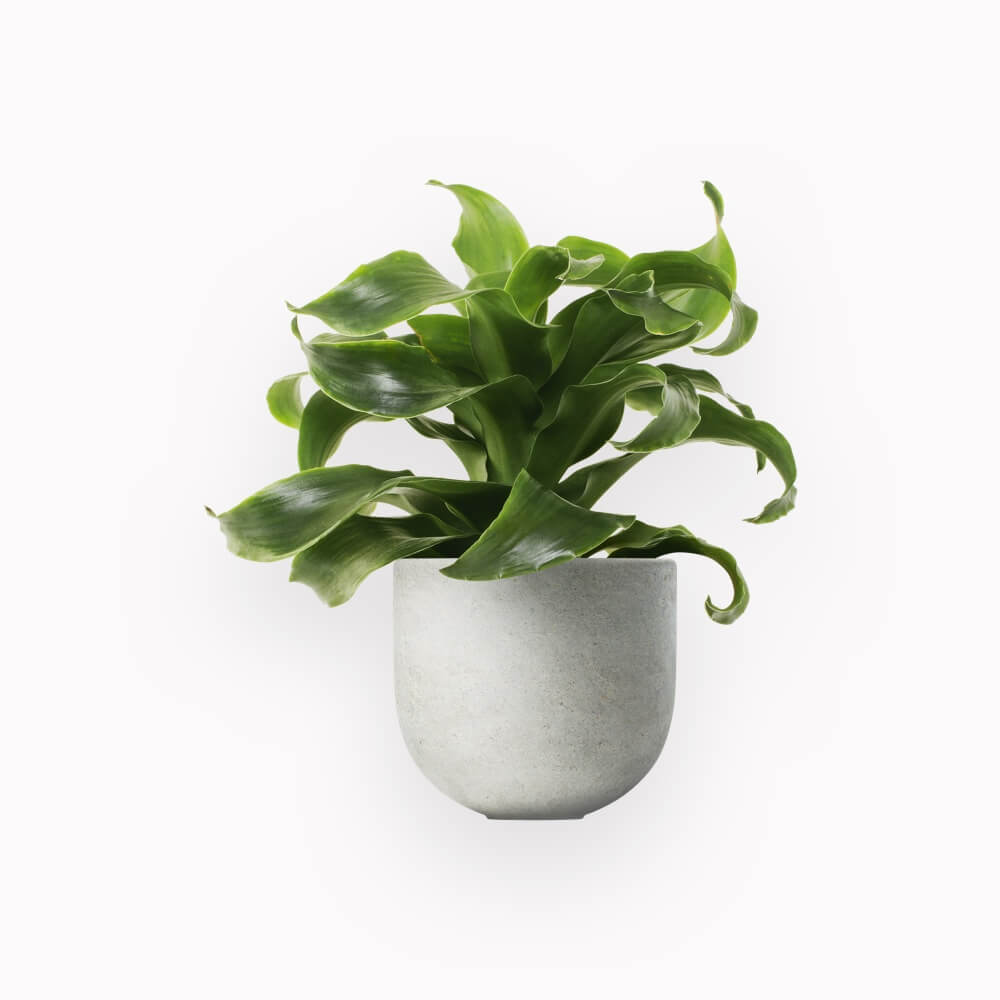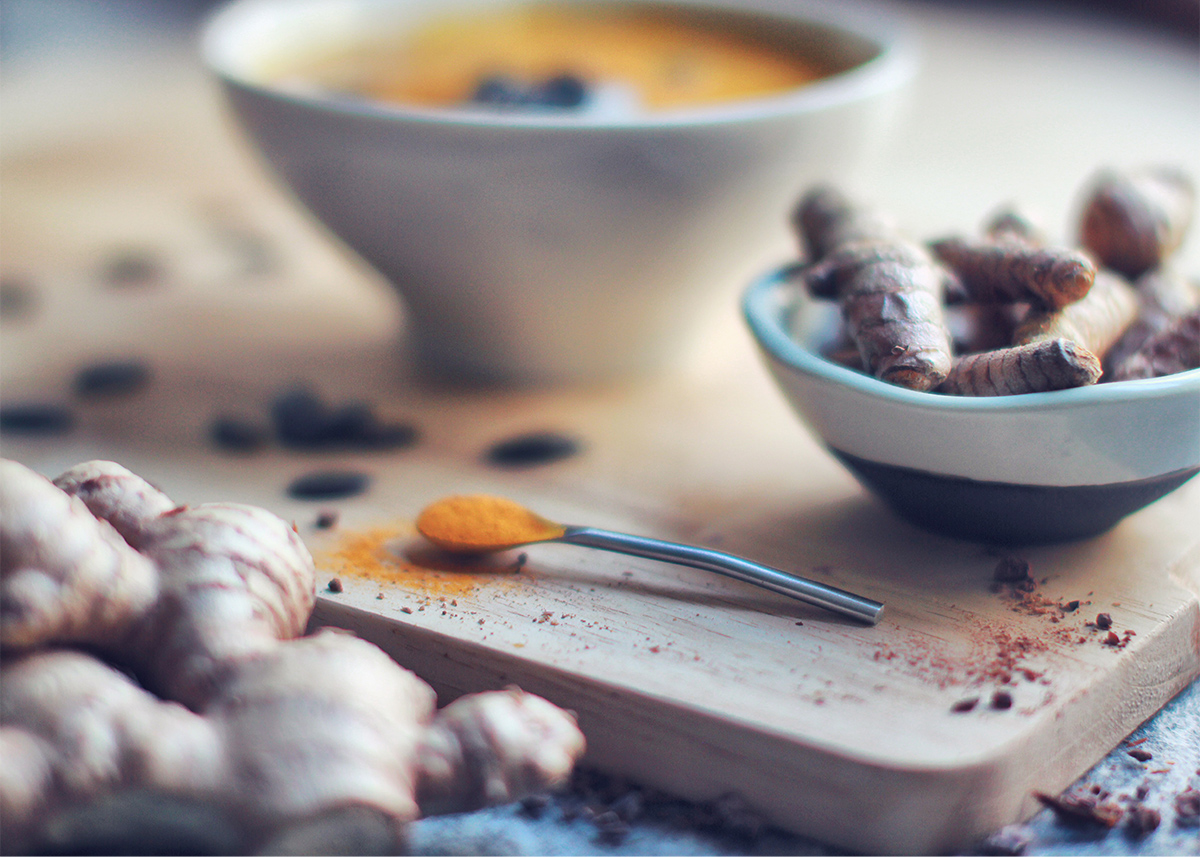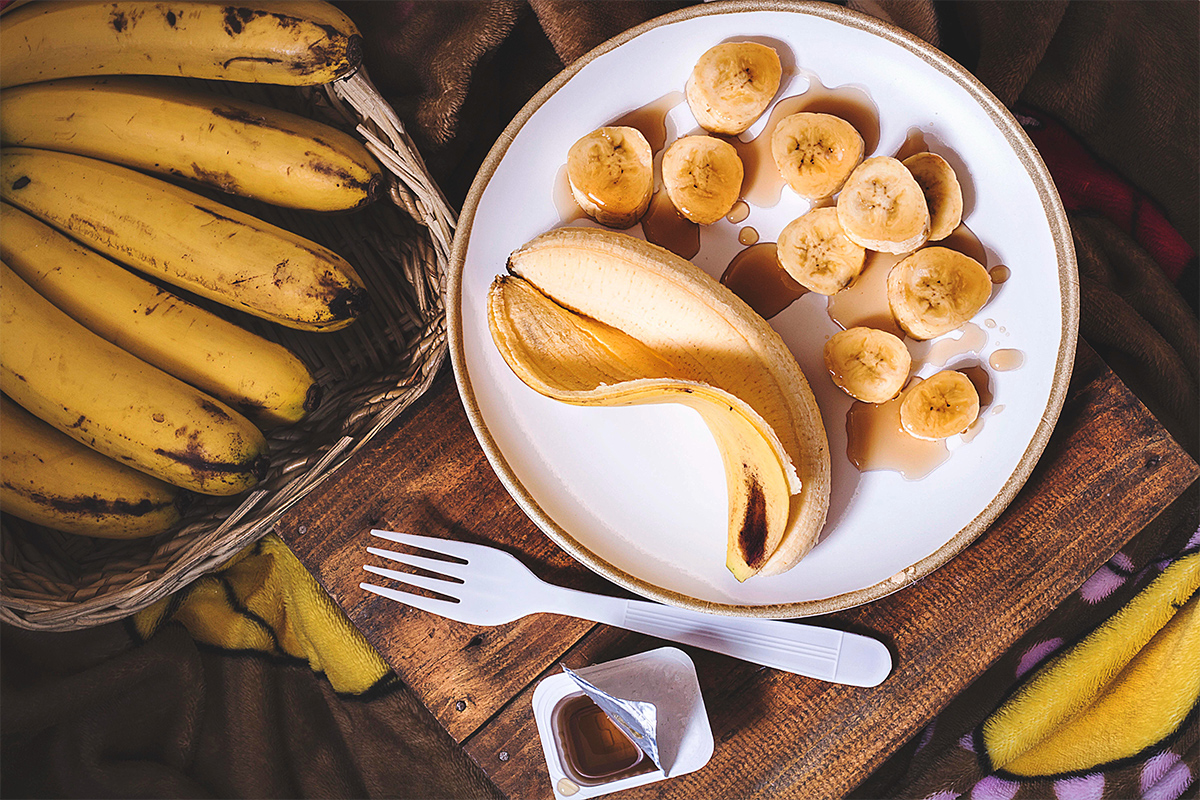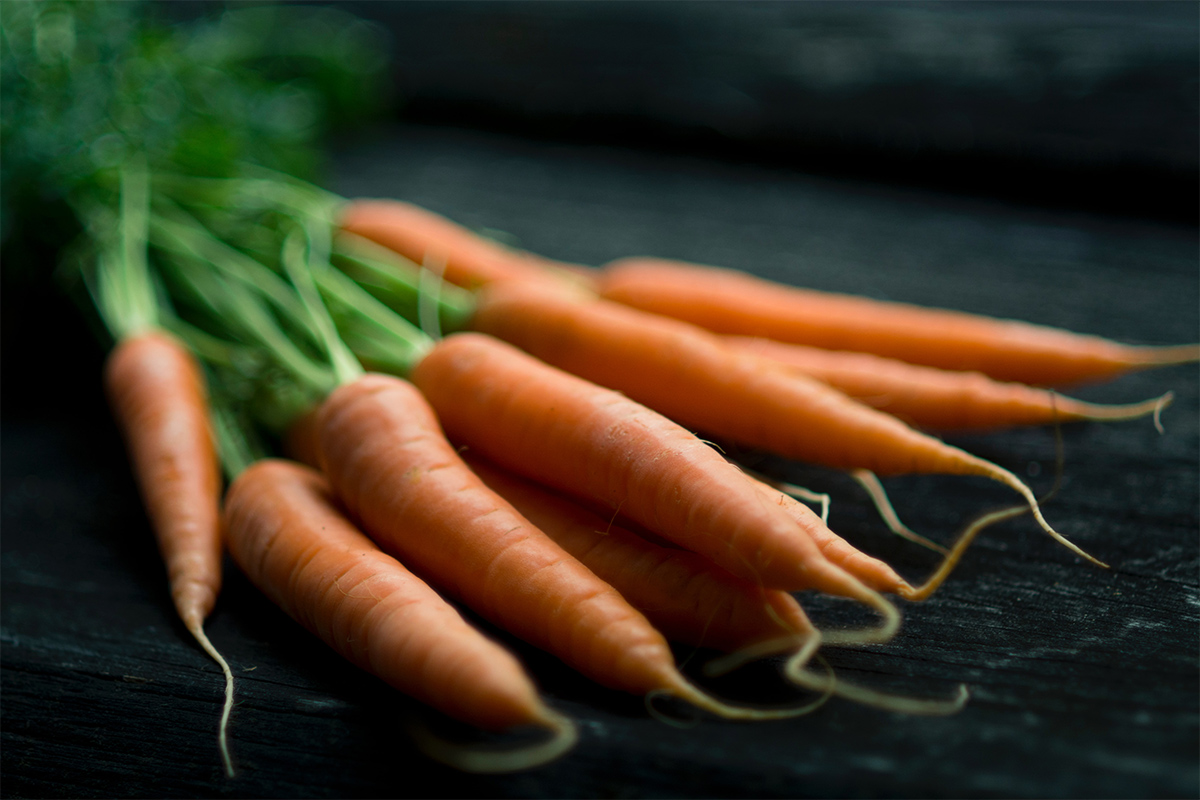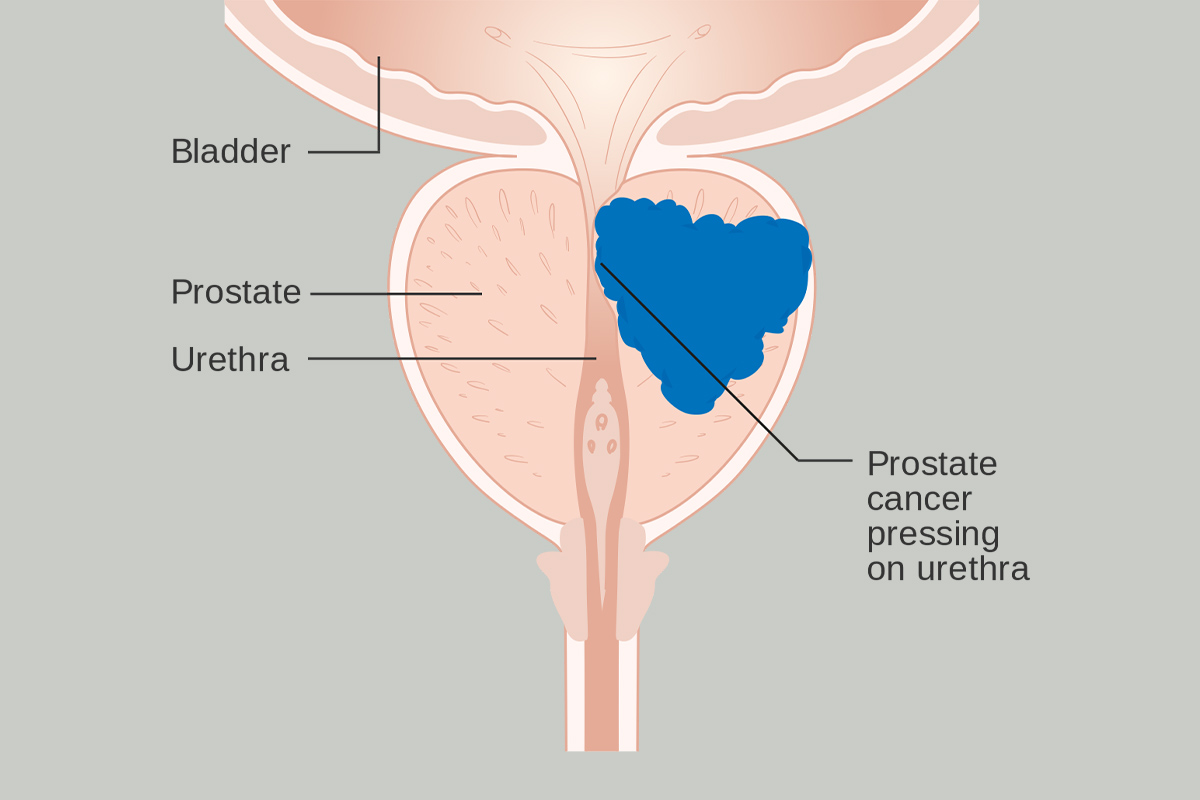Zingiber officinale is one of about 1400 species in the Zingiberaceae family of herbs. A native of Asia, ginger grows well in the tropical countries of the world. Ginger is widely cultivated in West Africa, especially in Nigeria and Sierra Leone. Of the over 1400 species of aromatic herbs in the Zingiberaceae family, ginger is the most powerful and the most well-known. The perennial tuberous rhizome is mistakenly referred to as root. Just as one does not call yam tuber root, so also one should not call the ginger rhizome ‘root’. The rhizome is ginger. Because of differing climatic conditions, each variety of Zingiber has its own unique aroma and flavour. Ginger grown in China is often mild in flavour while ginger in Africa is hot and peppery. Jamaican ginger often has a powerful aroma.
The botanical name for ginger was given by a Swedish botanist named Linnaeus. It comes from the Sanskrit word ‘singabera’, which means ‘shaped like a horn’. The term officinale simply means that it is commonly available. Indeed, ginger is a common feature in the cooking pot of cooks as well as the concoction jars of herbalists.
In China, it is called Sheng Jian, where it was used as long 5000 years ago, that is, 3000 years before Christ was born. Ginger was mentioned in Emperor Shen Hung’s ‘Pen Tsao Ching’ [The Classic book of Herbs] which he wrote in 5000 BCE. Ginger was also mentioned in the Ayurveda, the Hindu manual of medicine written in the fifth century BCE. The Roman physician, Dioscorides, mentioned ginger in his book: ‘De materia medica’.
In the Koran, it is written that among the richest in heaven ‘are passed vessels of silver and goblets of glass…and a cup, the admixture of which is Ginger’. In England in the middle ages, a pound of ginger spice was held to be equal in value to a sheep and can only be afforded by the rich.
HOW TO PRESERVE GINGER
Take a walk to the nearby local market and asked for ginger. It is always readily available in the market. The fresh ginger can last up to two months in a refrigerator. The dried powdered ginger can last up to one year. The whole dried ginger can last up to two years. It is not advisable to store ginger in the refrigerator. It is better to dry it and grind it into powder. Some people use powdered ginger to season their food. They simple sprinkle a teaspoon of powdered ginger on their food. This adds taste to the food as well as strengthens the system.
MEDICINAL USES OF GINGER
Ginger contains Phenols, resins and many volatile oils, such as borneol, camphene, Citral, eucalyptol, linaol, and zingiberol. Ginger is rich in carbohydrates, proteins, minerals and vitamins. In middle-age Europe, ginger was an important food and medicine. Ginger’s warming, aromatic properties have long been used to treat colds and flu. Ginger promotes beneficial sweating that helps to eliminate toxins from the system and may be taken as a tea with honey and lemon at the first sign of a chill. The fresh or dried also stimulates the circulation and is helpful for cold hands and feet. It aids the digestion of food. It has a calming effect on the digestive system.
It is not possible to list all the medicinal effects of ginger on the body because ginger affects most of the body’s organs. Ginger acts on the musculoskeletal system by reducing inflammations. Therefore, it is useful for treating rheumatism, arthritis, gouts and appendicitis. In the digestive system, ginger inhibits the growth of toxic micro-organism while allowing the useful bacteria to grow. This is a quality which is never present in synthetic drugs. Ginger acts on the circulatory system preventing the formation of thromboxane, a substance that causes blood platelets to aggregate, which eventually forms blood clots that leads to hypertension, heart attack, and stroke. It is scientifically proven that ginger is as effective as aspirin in preventing the formation of blood clots in the arteries, with the added advantage of having no side effect.
1. FEVER: Ginger has been an ancient African remedy for fever. It stimulates the body to perspire, lowering the body’s temperature. Just soak one teaspoon of ginger powder into a glass of hot water, then drink.
2. JAUNDICE/HEPATITIS: Ginger is an excellent remedy for jaundice and hepatitis, especially when combined with bitter kola. Mix five or ten tablespoons of powdered ginger with an equal quantity of powdered bitter kola. Pour one teaspoonful into a glass of hot water and allow it to infuse for five minutes before adding two tablespoonfuls of honey. Take a glass every day. Please do not exceed the dosage, because it may lead to overstimulation of the liver, which is dangerous in hepatitis. Some herbal scientists have even suggested that those who suffer from hepatitis should not take ginger at all. But there is no need for such extreme caution. Follow the dosage above, and you will be safe.
3. COUGH/ SORE THROAT
Ginger is one of the most active herbs against cough and sore throat. In this case, the fresh, raw ginger is more effective. Just tear off a finger of ginger and chew, then swallow the juice. Do this twice daily. You may not like the taste at the beginning, but you will soon get used to it. Taste is merely a matter of choice. To those who are not used to it, the beer tastes awful. But to those who are addicted to it, it is either beer or nothing.
4. HIGH BLOOD PRESSURE AND STROKE
As mentioned above, ginger is good for hypertension and stroke. This is due to the presence of gingerol, an antiplatelet chemical that has inhibits the formation of thromboxane. Add a teaspoon of dried, ginger powder to a cup of hot water and allow it to infuse for ten minutes. Take a glass twice daily. You need to take this preparation for as long as three months to be able to experience its full benefit.
5. CANCER
For the treatment of cancer, follow the same recipe as for stroke above and take a glass three times daily. Ginger has a vital role to play in the fight against cancer.
6. GENERAL HEALTH
The most essential quality of ginger is the fact that it is beneficial for the whole-body systems. It is therefore recommended that everybody makes a habit of taking ginger regularly.
